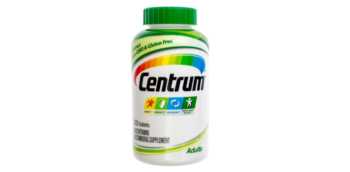
Answer:
"Trace minerals" has a range of definitions, but, with regard to nutrition, generally means minerals that are used in very small amounts in the body, mostly in enzyme reactions
Essential dietary trace minerals are those that must be obtained through the diet and/or from supplements. These include chromium, copper, fluoride, iodine, iron, manganese, molybdenum, selenium, and zinc. Other trace minerals you may see on supplement labels include boron, nickel and tin (stannous chloride). Sign in to the full answer to find out if deficiency in these trace minerals is common, the best way to get them (from foods and supplements), and which, if any, you may want to avoid.
You may also use ConsumerLab;s nutrient calculator below to see the Recommended Daily Allowances or Adequate Intakes of these and other minerals by age and gender, Tolerable Upper Intake Levels are also shown.
Join today to unlock all member benefits including full access to all CL Answers and over 1,400 reviews.
Join NowAlready a member? Sign In Here.
Join now at www.consumerlab.com/join/















Submit your comment
This feature is restricted to active members.
Join now to add comments and get all member benefits, including over 1,400 reviews.
Join NowAlready a member? Sign in here.